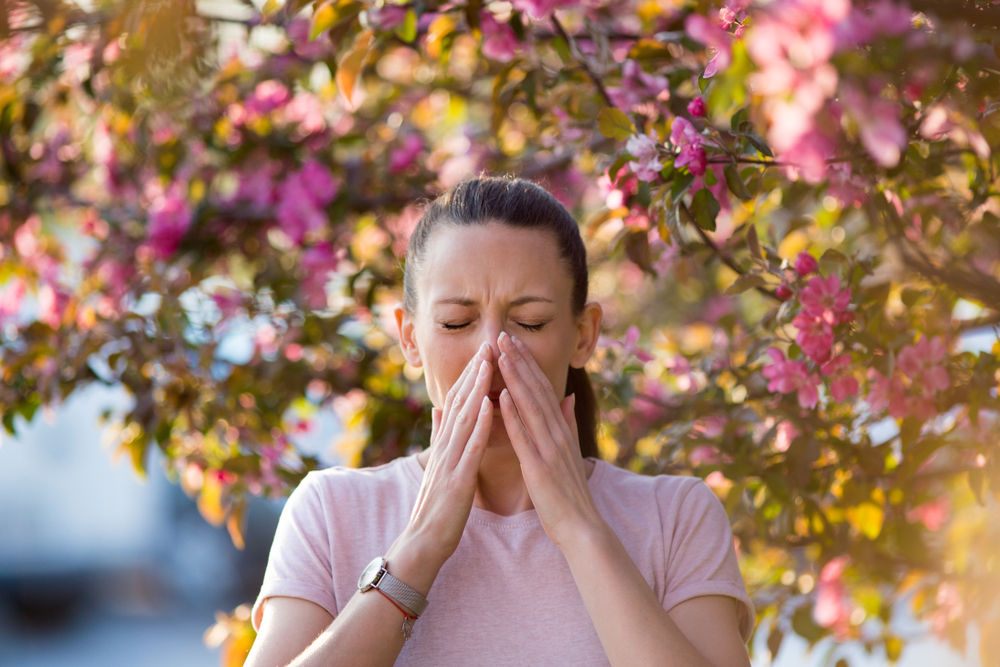
Allergies can cause a variety of symptoms in the eyes, including redness, itching, burning, and swelling. These symptoms are caused by the release of histamine and other substances in response to an allergen.
There are two types of eye allergies: seasonal and perennial. Seasonal allergies occur at certain times of the year, usually early spring through summer and into autumn, and are triggered by allergens in the air, such as pollen from grasses, trees, and weeds, as well as spores from molds. Perennial allergies happen year-round and are caused by dust mites, feathers (in bedding), and animal (pet) dander, among other things.
If you’re experiencing eye allergy symptoms, there are several treatments and self-help strategies that can help. Here are some options:
Cold compresses: Applying a cold compress to your eyes can help reduce inflammation and relieve itching and swelling.
Artificial tears: Over-the-counter artificial tears can help rinse allergens from your eyes and relieve dryness and irritation.
Anti-allergy eye drops or oral medications: Over-the-counter or prescription eye drops or oral medications can help relieve symptoms such as itching, redness, and swelling.
Steroid medications: This prescription eye drop can help relieve symptoms in more severe dry eye cases.
It’s also important to avoid your allergy triggers as much as possible. Stay indoors when pollen counts are highest, usually in mid-morning and early evening, and keep windows closed and run the air conditioner. When you go out, wear eyeglasses or big sunglasses to block pollen from your eyes. To limit your exposure to dust mites, use special pillow covers that keep allergens out, wash bedding frequently in hot water, and consider replacing rugs and carpets with hardwood, tile, or other flooring materials that are easier to clean. Don’t hesitate to reach out to our doctors to discuss your options for allergy treatments today!








